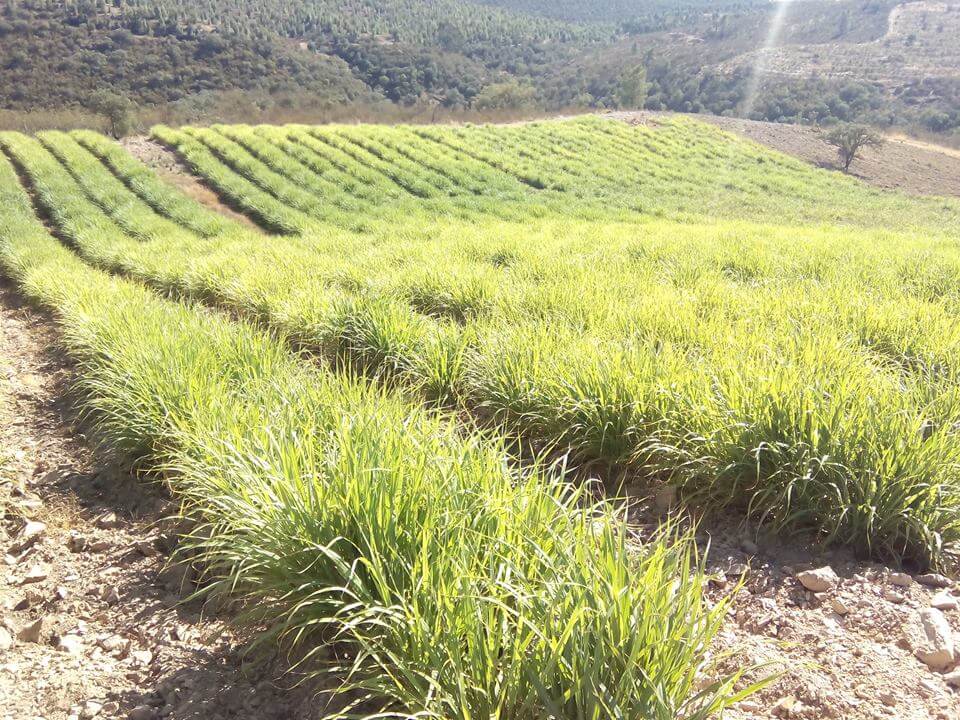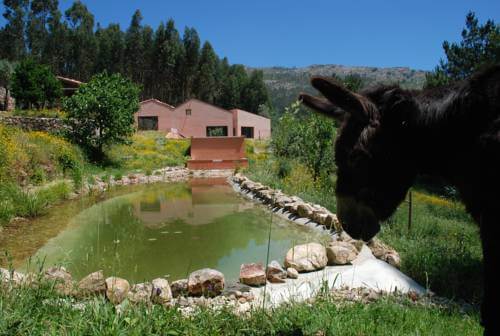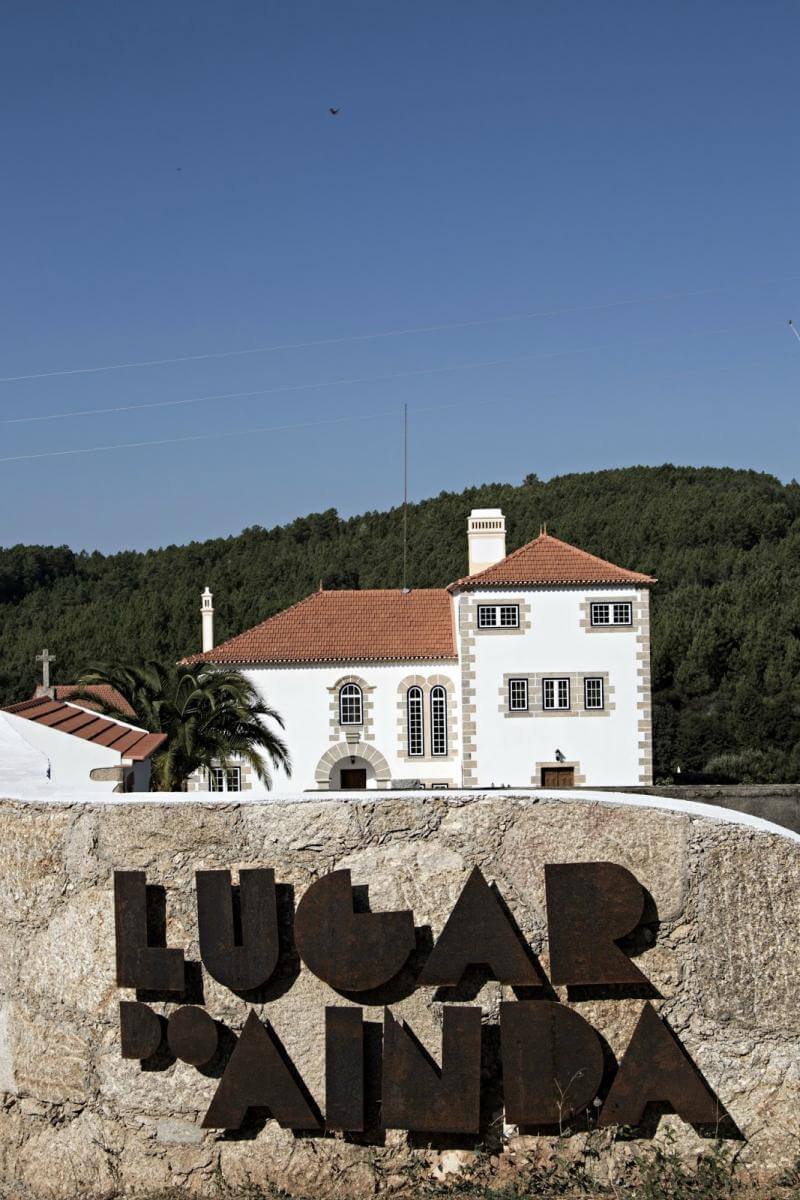Moving Out: Urban-to-Rural Migration
Wed 17 Oct 2018
Contrary to the prevailing trend of people leaving rural areas for the city, some places in Portugal are experiencing something different: in-migration of skilled workers who are bringing new types of social interaction and organization, new forms of socio-ecological systems (SES) relationships, and new opportunities to create value thanks to the inflow of new ideas, knowledge and skills.

Sustainable transitions in socio-ecological systems and the role of skilled in-migrants in rural Portugal
By Rute Martins, PhD Researcher at SENSU, CEG-IST, and Maria Rosário Partidário, Head of SENSU and Coordinator of CEG-IST, Centre for Management Studies of IST, Técnico, Universidade de Lisboa




Photos: Rute Martins
Contemporary research on in-migration to rural areas – simply put, people moving from the city to the country – suggests that the demand is increasing and largely motivated by opportunities created by ecosystem services. This is particularly relevant since it represents an important shift from previous patterns of out-migration of rural communities, with consequent abandonment of natural and cultural values.
Rural areas that witness the arrival of skilled in-migration movements have experienced the emergence of new types and forms of social interaction and organization, new forms of socio-ecological systems (SES) relationships, and potential opportunities to create value thanks to the inflow of new ideas, knowledge and skills.
Research developed at the University of Lisbon, Instituto Superior Técnico, has been looking into the consequences for SES with the arrival of skilled in-migrants to Portuguese rural areas. The empirical data collected by interviewing skilled in-migrants and analysing their projects has informed the role and importance of ecosystem services, and its contribution to the establishment and consolidation of socio-ecological systems.
Results show that skilled in-migrants change their lifestyle and the relationship they establish with the ecological system. They have been promoting new products (e.g., touristic experiences and organic agriculture), interaction among the members of the community through cultural events, and new services, such as new schools and local associations. They are also responsible for an increasing diversity of activities and products in rural areas that contribute to new dynamics in local businesses, and its marketing in external local networks. These networks contribute to the reinforcement of synergies in urban-rural spaces establishing new relationships and dynamics, like an increase of urban visitors to rural communities, through new demands on rural initiatives, or through new services, like the direct delivery of fresh agricultural products to urban dwellers.
However there are also limitations to these desirable synergies. In-migrants emphasize obstacles created by local mindsets and feelings of distrust within existing local communities, who are suspicious of the skilled in-migrants. This fact may create difficulties for establishing new learning processes, which are essential to enable sustainable transitions in SES.
Research outcomes have already highlighted the benefits and challenges created by the arrival of skilled in-migrants to SES in rural areas and shared findings on the conditions that can facilitate or hinder in-migrants integration. The research results may further help regions attract and successfully integrate skilled newcomers from the city into rural areas.


